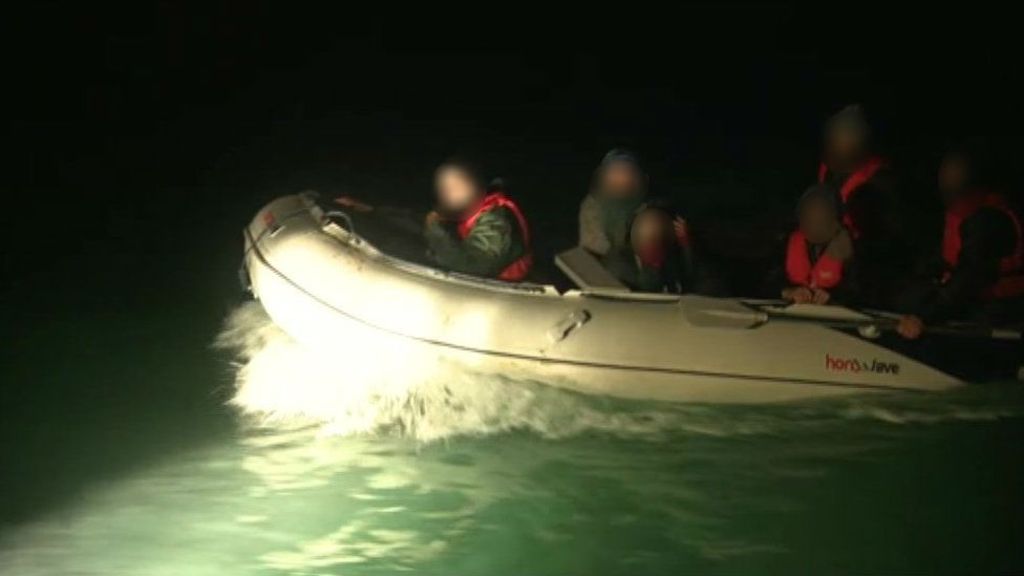
On early Tuesday morning, six migrants were rescued from a sinking dinghy in the world’s busiest shipping lane, the Dover Strait. The five men and woman were brought to the shore of Dover.
The Home Office has said in a statement: “Border Force was contacted by the coastguard at around 3am on Tuesday, December 11. A Border Force cutter and a lifeboat were deployed to assist a dinghy off the coast of Dover with six people on board”.
“They received a medical assessment and have now been transferred to immigration officials for interview”, the Home Office spokesman had added.
The six migrants have claimed to be Iranian nationals. Reportedly, this has been the second such boat that has arrived at the coast near the English Channel of this month. It is said that “warnings” have been sent out to the country’s authorities about the risks of accepting such boats.
In November, over 100 migrants, the majority of whom have been identified as Iranian, have crossed the English Channel from France and have entered the UK.
Kent Refugee Action Network spokeswoman has stated: “We haven’t had this increase for some time. Iranians have always previously come in small numbers”.
Chief executive of Refugee Aid Serbia Miodrag Ćakić has said that after Serbia had enabled visa-free access to Iranians in August 2017 in order to increase tourism, thousands of Persians had flown into the country from Iran’s capital Tehran.
By October, about 40,000 Iranians are said to have entered the Balkan nation. They might have then made their way to the UK after having entered the EU via Serbia.
Iranian Association member Kaveh Kalantri who is a supporter of UK refugees has explained that the reason for the great number of Iranians entering the UK and fleeing their hometown is the “lack of freedom and human rights violations” in Iran:
“People get arrested if they have liberal or left-wing views, or if they are from religious minorities. A lot of people experience violence on a daily basis”.
After the 1979 Islamic Revolution, an estimated 150,000 to 200,000 Persians have left the country every year.
Iranians are able to afford fake passports, other methods and stay in hotels and hostels until they find so-called refugee helpers to make further arrangements.
However, refugees from countries like Syria, Afghanistan and Pakistan have to travel by foot for days and stay in refugee centres with horrible living conditions, with the mere hope that someday they will arrive at their destination in order to begin a better life.
#Peace.Love.Iran






